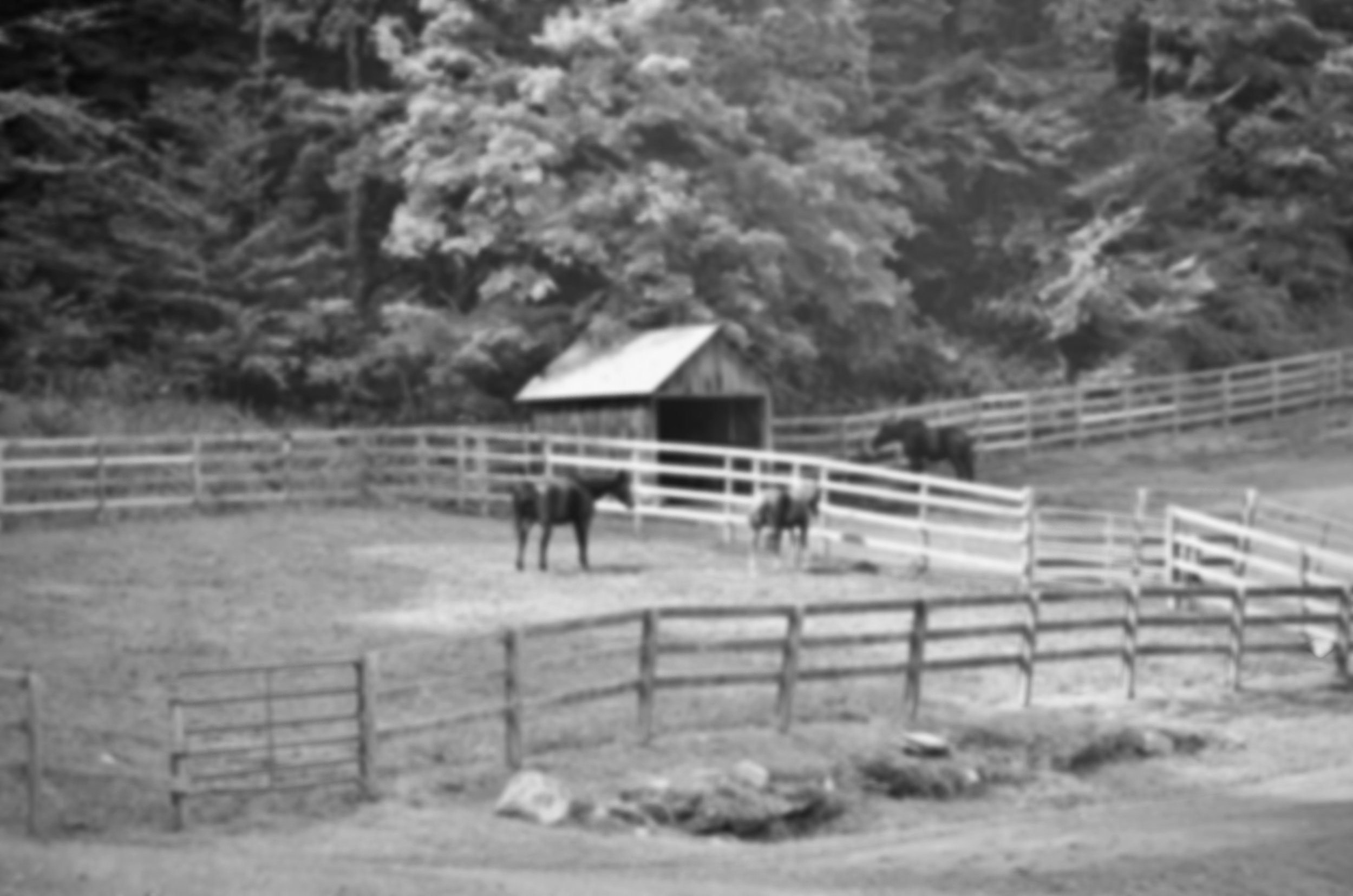
Adaptive Riding & HorsemanshipWhat is Adaptive Riding?
Adaptive riding is riding or ground lessons for individuals with disabilities with the goal of teaching riding and horsemanship skills. By using the natural therapeutic benefits of the horse, instructors help participants to achieve their life goals and contribute positively to their cognitive, physical, emotional and social well-being. Lessons are taught by a Certified Therapeutic Riding Instructor (CTRI) who is trained in safety standards and adaptations to teach a rider with disabilities. The instructor is not a therapist and is not providing therapy or the goal of rehabilitation.
At High Horses, we accommodate all four elements of adaptive riding as defined by PATH, International: Recreation, Therapy, Sport, and Medicine. We do this in a unique way through our applied interdisciplinary team approach that includes consulting physical, occupational, speech and language, and expressive therapists, educators, and mental health practitioners. Lesson activities are structured to teach riding skills through exercises, games, trails, and more.
Who We Serve
PATH Intl. CTRIs work with individuals with many different types of disabilities and special needs. Riders served in EAA programs have frequently been diagnosed with one or more of the following disabilities:
• Alzheimer’s & Dementia
• Amputation or Limb Difference
• Anxiety Disorder
• Attention Deficit/Hyperactivity Disorder(ADHD)
• Autism Spectrum Disorder (ASD)
• Brain Injury
• Cerebral Palsy (CP)
• Communication Disorder
• Down Syndrome
• Hard of Hearing
• Hypotonia
• Intellectual Disability
• Learning Disability (LD)
• Multiple Sclerosis (MS)
• Posttraumatic Stress Disorder(PTSD)
• Seizure Disorder
• Sensory Processing Disorder (SPD)
• Spina Bifida
• Spinal Cord Injury (SCI)
• Vision Impairment
Benefits
Experiencing the motion of a horse can be very therapeutic. Because horseback riding rhythmically moves the rider’s body in a manner similar to a human gait, riders with physical disabilities often show improvement in flexibility, balance and muscle strength. In addition to the therapeutic benefits, horseback riding also provides recreational opportunities for individuals with disabilities to enjoy the outdoors. Therapeutic/adaptive horsemanship contributes to the cognitive, physical, emotional and social well-being of individuals with disabilities.
Flexibility & Balance
Problem solving skills
Trust & empathy
Muscle strength
Improved coordination
Social skills
Self-esteem & Confidence
Emotional awareness
Impulse control

Make a donation.
With just one gift, you have the power to impact countless lives. From covering the cost of a session for a family in need, to vet care for a horse, to ensuring our staff are well taken care of, your support has endless reach.


